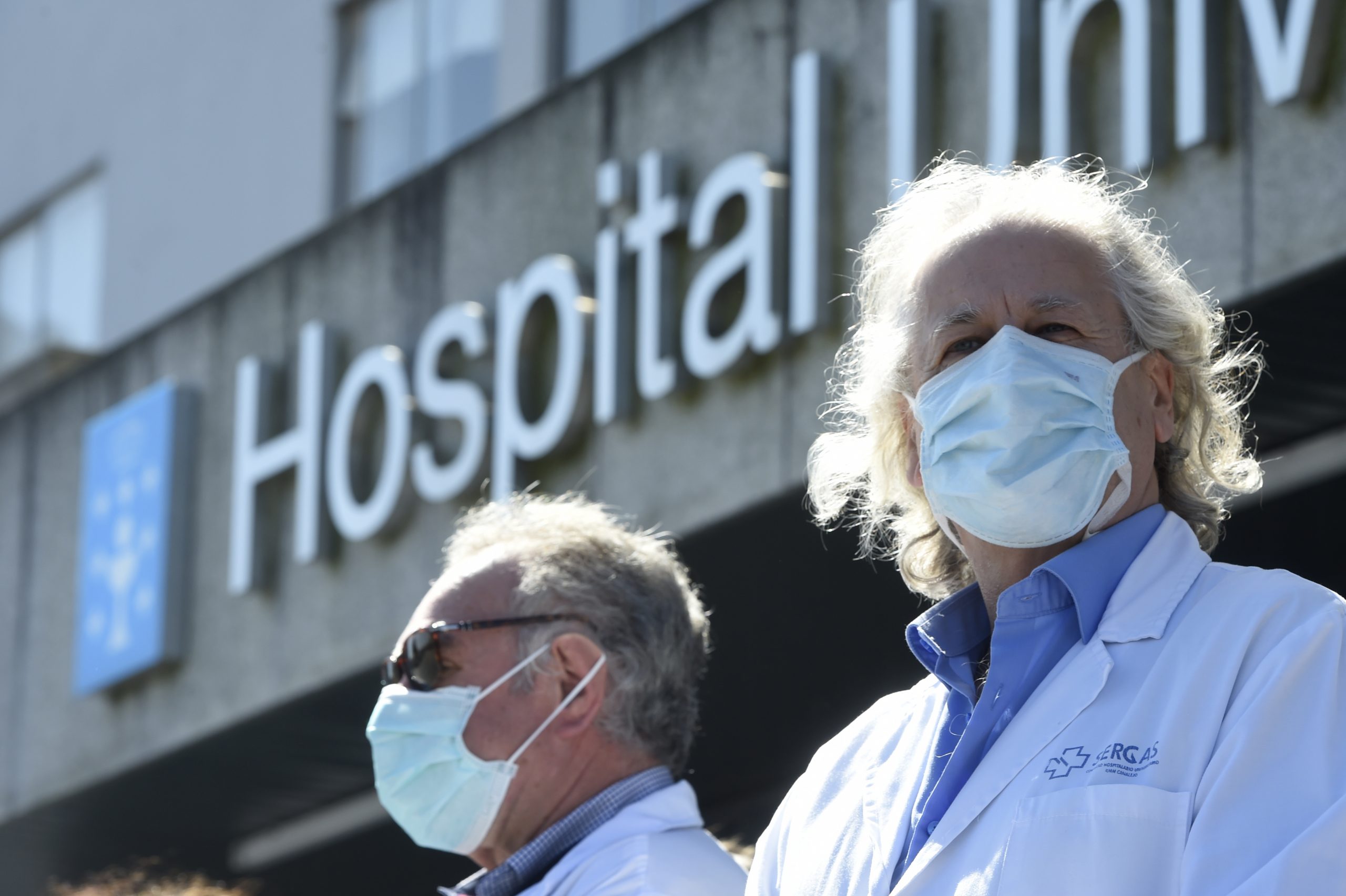AN alarming one in four patients in Spanish hospitals are at risk of malnutrition and – shockingly – this percentage jumps to 37% for patients over the age of 70.
The most vulnerable groups at risk include those with cancer-related diseases (35%), cardiovascular issues (29%), and respiratory conditions (28%).
The cause for this has been put down to the fact that Spain remains the only country in the European Union that does not include dieticians and nutritionists as part of its public healthcare system.
This omission is particularly concerning given the crucial role these professionals play in preventing and identifying malnutrition and hindering its harmful knock-on effects.
The lack of prevention means that patients are treated with drugs and pharmacology, which often expose patients to complications and adverse effects.
As an example, cancer is now the second leading cause of death in Spain, with half of cancer patients experiencing malnutrition during hospitalisation.
Malnutrition alters drug properties and their effects, often requiring higher doses, leading to increased toxicity and extended treatment cycles or even treatment abandonment due to inefficacy.
Conducting nutritional screening upon hospital admission would reduce economic costs, shorten hospital stays, decrease the likelihood of readmissions, and, most importantly, improve treatment efficacy for patients.
Nutritional screening upon admission would enable doctors and medics to catch malnutrition early and undertake a more effective treatment approach.
In fact, its inclusion in healthcare could result in a remarkable cost reduction, with potential savings of up to €99 for every euro invested in dietary treatment.
It would also align Spain with the standards proposed by the World Health Organisation and the European Union.
Some communities are already wise to the danger and have employed professional dieticians and nutritionists in their health care systems.
Among these are Catalonia, Valencia, the Balearic Islands, Navarre, Murcia, Castilla-Leon, La Rioja, Aragon, Basque Country, and recently Galicia.
READ MORE:
- More than 82,000 people in Malaga receive the Minimum Living Income
- Spain’s Malaga back on YELLOW ALERT for sizzling temperatures this Monday
Click here to read more Health News from The Olive Press.








